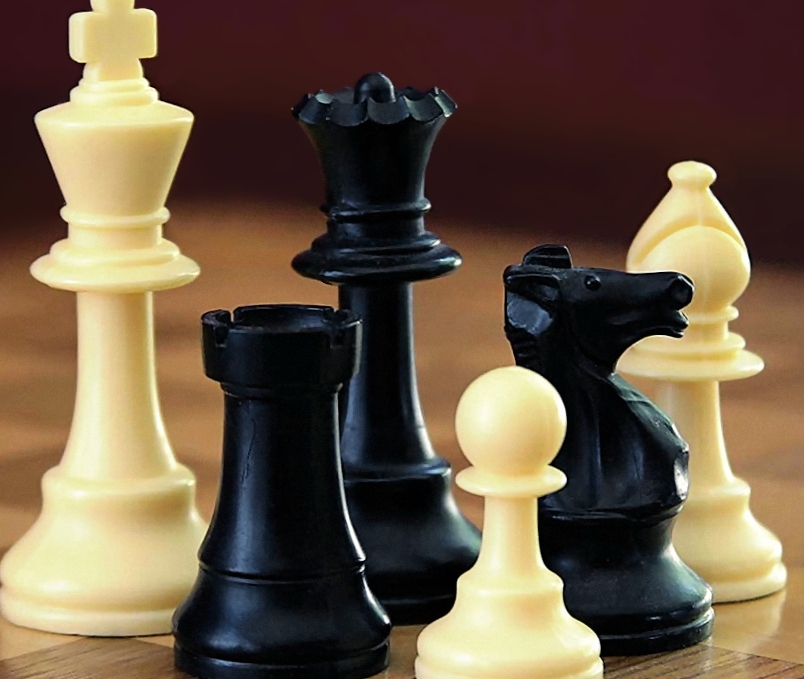Women chess players outraged over Iran’s hijab gambit

Several top female chess players have reacted angrily over having to wear hijabs at next year’s world chess championship in Iran.
Since the Iranian Revolution in 1979, by law women must wear hijabs in the country. Women who refuse to wear them in public face fines or imprisonment.
Hours after the world chess body, the FIDE Commission for Women’s Chess, said Iran will host next year’s competition, participants took to social media to express their displeasure, with some threatening to opt out.
The US women’s chess champion, Nazi Paikidze, is one of the more high-profile participants who threatened not to participate.
"It is absolutely unacceptable to host one of the most important women's tournaments in a venue where, to this day, women are forced to cover up with a hijab,” she said.
"It does not feel safe for women from around the world to play here. I am honoured and proud to have qualified to represent the United States in the Women’s World Championship. But, if the situation remains unchanged, I will most certainly not participate in this event," she added.
Ecuador’s top chess player, Carla Heredia, echoed Paikidze’s statements.
"No institution, no government, nor a Women's World Chess Championship should force women to wear or to take out a hijab. This violates all what sports means. Sport should be free of discrimination by sex, religion and sexual orientation,” she said.
"The obligation to use hijab is one issue, another one is that women can't share a room with a male if she is not married to him. So the question remains what would happen if women chess players want to share the room with a male coach or if women chess players want to prepare for the game visiting the coach's room,” she added.
Some chess players said the participants should respect cultural differences.
Susan Polgar, the chair of FIDE and a US grandmaster, said: "I personally would have no issues with wearing a head scarf [hijab] as long as it is the same to all players. I believe the organisers provided beautiful choices for past participants of Women's Grand Prix.”
"If any player has a problem with it, she can and should voice her opinion to the Commission for Women's Chess or FIDE and we can address it in our next meeting," she added.
FIDE hosted a smaller women’s chess tournament earlier this year in Iran, and according to a Telegraph report, a number of female players expressed anger at having to wear hijabs.
Stay informed with MEE's newsletters
Sign up to get the latest alerts, insights and analysis, starting with Turkey Unpacked
Middle East Eye delivers independent and unrivalled coverage and analysis of the Middle East, North Africa and beyond. To learn more about republishing this content and the associated fees, please fill out this form. More about MEE can be found here.




